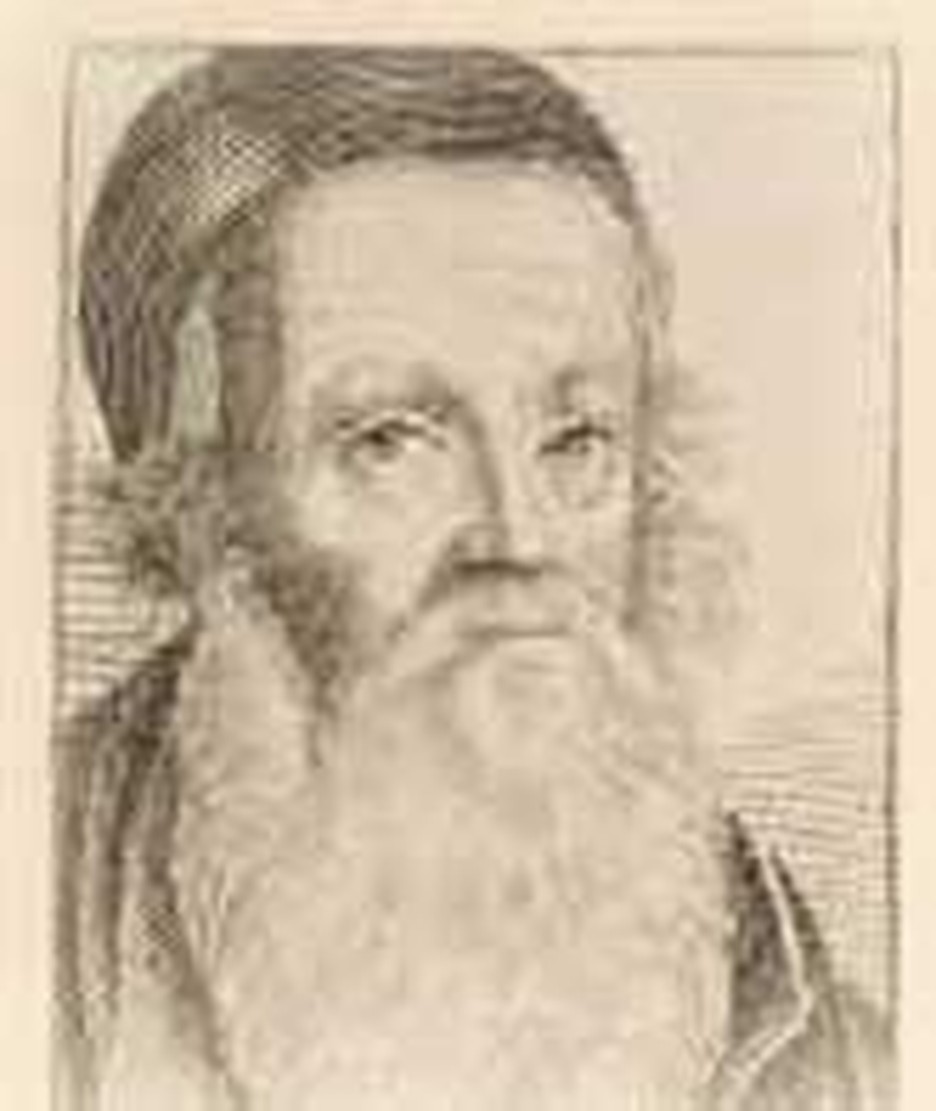
Edmund Grindal was once saved from instant death because he loved to read. As a youngster, he was so intent on improving himself that he took a book with him wherever he went. Walking in the woods one day, he had just tucked one of these books back into his breast pocket when an arrow sped out of nowhere, thumped into the book and quivered there. Thanks to his reading habit, Grindal was not killed on the spot. He matured to become one of the few men who dared to openly buck an order from Queen Elizabeth I.
Grindal's bold challenge to his queen would not come for many years, however. While studying at Cambridge, Grindal sat under the teaching of Martin Bucer, a continental reformer, closely acquainted with both Luther and Zwingli. Grindal became a Protestant and sought to imitate this teacher, who was notable for his holy and peaceful life. During the reign of Edward VI, Grindal held religious office at Westminster and was a chaplain to the king.
But upon the accession of Mary, whose intention to restore the Roman Church was no secret, Grindal fled overseas. While in Europe, he gathered material on the many martyrs that Mary's reign supplied. Grindal's notes became the basis of John Foxe's famous Book of Martyrs.
With the death of Mary and the rise of Queen Elizabeth, Grindal returned to England. He was made bishop of London. Eleven years later, he advanced to become Archbishop of York. While in York, Grindal led teams of ministers throughout his archdiocese, teaching the reformed doctrine, establishing churches and placing men in the pulpits who showed evidence of genuine conversion experience. He cared less if a man had a university education than if he had the Holy Spirit. The result was genuine revival in York.
The Archbishop of Canterbury, Matthew Parker, died in 1575. The following January, Elizabeth moved Edmund Grindal into England's highest church office. Grindal was in office not even a year before the crisis came. A form of preaching known as "prophesying" was in vogue, especially among Christians with Puritan sympathies. Two or three pastors would band together to speak on a chosen topic, questioning and critiquing each other. This method of presenting the gospel drew large crowds. Grindal himself had made heavy use of it in York.
Elizabeth feared that under guise of such meetings, insurrections could gather. She ordered Grindal to suspend the practice. Grindal might have complied or he might have quietly ignored the queen. Instead, he sent her a long letter on this day, December 20, 1576. In it he refused to comply with her order. Christ commanded us to preach the gospel, he said. Church matters should be left to the church. The archbishop reminded her that she, too, was mortal, although a great monarch.
Elizabeth was furious. She placed Grindal under house arrest. That she did not execute him was owing to his wide popularity and winsome spirit. He remained under arrest until his death, despite petitions from the other clergy that he be restored to his archdiocese. The queen did, however, send Grindal a heavy silver cup as a gesture of peace, and allowed him to conduct some of his functions quietly. She was wise enough not to appoint anyone else in his place during his life, even after he went blind and requested to be relieved of his duties.
Bibliography:
- Archbishops of Canterbury. Elizabeth I. (www.elizabethi.org/us/elizabethanchurch/archbishops.html)
- Grindal, Edmund. The Remains of Edmund Grindal Successively Bishop of London and Archbishop of York and Canterbury; Edited for the Parker Society, by the Rev. William Nicholson. Cambridge, England: University Press, 1843.
- "Grindal, Edmund." Dictionary of National Biography. Edited by Leslie Stephen and Sidney Lee. London: Oxford University Press, 1921 - 1996.
- Hook, Walter Farquhar, 1798-1875. Lives of the Archbishops of Canterbury. London: R. Bentley, 1865 - 1884.
- McKilliam, Annie E. A Chronicle of the Archbishops of Canterbury. London: J. Clarke, 1913.
Last updated November, 2006.








